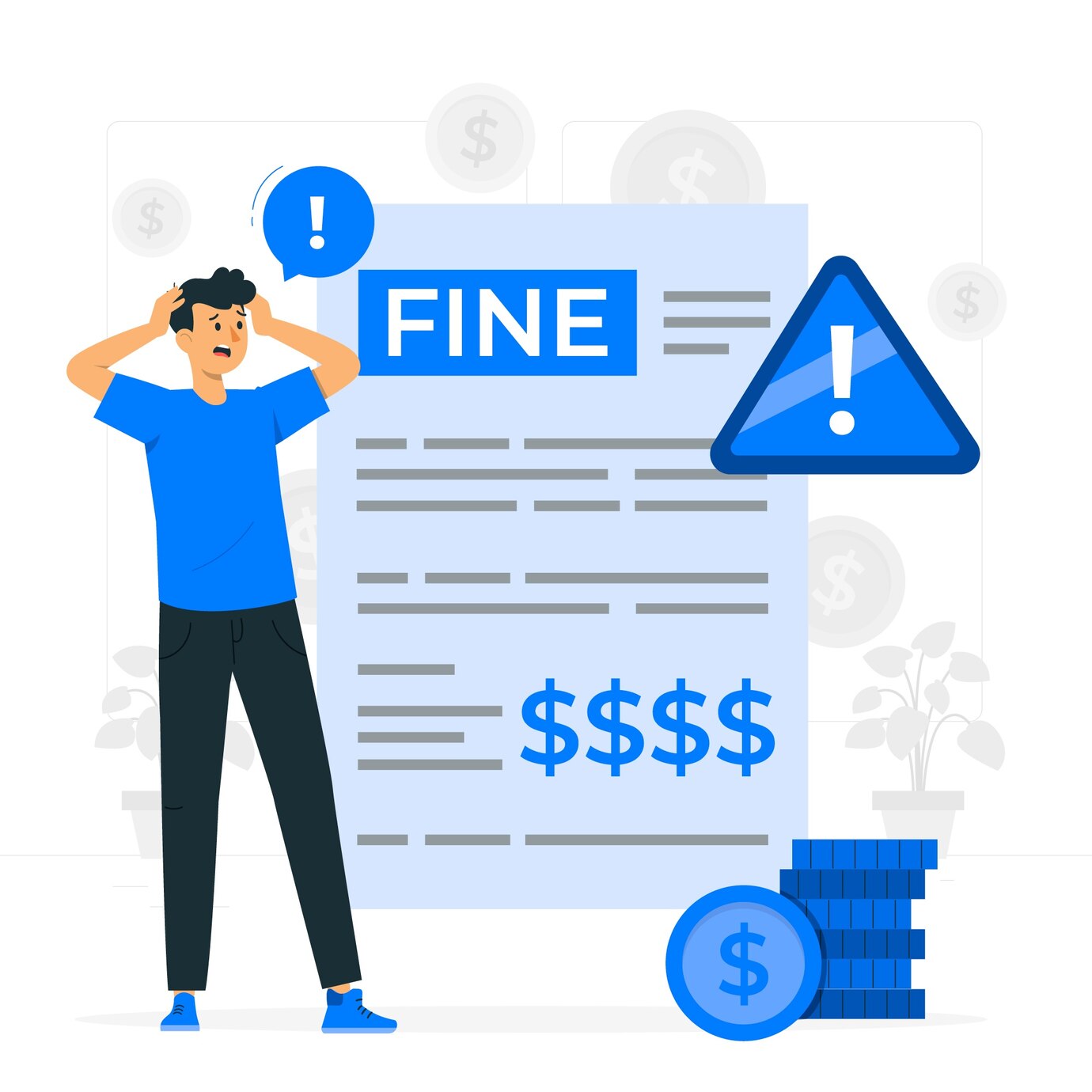
 May 6, 2025
May 6, 2025
The CIBIL Score and credit history have become significant due to the increased use of credit for secured and unsecured loans. Lenders rely on individuals’ credit usage records to maintain their margins and refer to the data compiled by agencies. Before issuing credit, customer data is verified with CIBIL (Credit Bureau of India Ltd) to confirm an individual’s credit management skills. If an individual’s Credit Score meets the bank’s eligibility criteria, the request is processed otherwise, it is denied.
Maintaining score records in our country is not easy with our mammoth population. Customer details are manually entered and forwarded to CIBIL bi-monthly per the Reserve Bank of India norms. There is room for error that can lead to customer details being wrongly updated, which can further lead to credit being denied based on a record of unpaid dues or delayed payments.
At Yourloanadvisors.com, we have assisted customers who were denied credit. Below is one example of a customer who was denied credit due to her CIBIL being wrongly updated, and how we assisted her in rectifying the situation.
The Customer’s Predicament was as Follows: Reena Applied for a Credit Card with ICICI Bank. Although her request was declined, it did not upset her or raise any alarms, as it was not a pressing need. The next time she needed credit and Applied for a Personal Loan to renovate her home, her application was denied. The reason given was that her CIBIL Score was 640 points, which is significantly lower than the required benchmark of 730. The rejection was concerning since Reena could not understand why her CIBIL Score had declined.
The Profile Details: She is a salaried employee of a limited company (listed as Cat B in the Company Category List of HDFC Bank), earning an income of ₹ 55k per month. Reena was married and lived in a family-owned residence.
Reena contacted us after applying to other lenders, such as YES Bank, and facing rejections. By now, she was in despair and urgently seeking a solution to her problem.
Retrieving her CIBIL Report: The first step was to ask her to retrieve her CIBIL report directly by applying for it on the CIBIL Transunion website. Most lenders accept this authentic credit record when issuing a personal loan. Each time a bank sends an inquiry to CIBIL to retrieve an individual’s score and credit history, the score decreases by 10 to 15 points. Unaware of this fact, Reena unknowingly damaged her CIBIL Score further by applying to various banks.
As she had never Applied for a Personal Loan, she realised that an error had damaged her CIBIL Score. An NBFC issued a Personal Loan for a tenure of 12 months, which was included in her account. The last instalment for the loan was pending, with an outstanding interest amount.
Raising a Dispute with CIBIL: If there is an error, individuals can contact CIBIL to raise a dispute at and fill out an online dispute form. CIBIL will assist the customer to follow up with the lender to solve the issue.
Contacting the Lender Who Had Reported the Personal Loan Dues: We advised her to make an official complaint to the NBFC, citing her details and the disputed Loan entry in the CIBIL report and asking for further information on the loan’s registration.
To her surprise, she was listed as the loan holder. Her name and personal details, such as her address, matched the NBFC data, but her mobile number was missing. When she called the mobile number, she reached someone in another location who said the number belonged to her deceased brother. With a registered complaint in hand, she approached the NBFC again to verify the loan taker, who, after further investigation, admitted to the error in the report that was sent to CIBIL.
Coordinating with CIBIL for Rectification: Reena then obtained a certificate from the NBFC stating that she was exempt from any financial obligation and that no amount was due to the NBFC on her behalf. This certificate was forwarded to CIBIL, which acknowledged it and disputed the status of the Personal Loan. Finally, there seemed to be an end in sight as the NBFC agreed that the loan had not been awarded to her.
Updating the CIBIL Record: Reena felt eligible to apply for her personal loan with all the relevant proof. However, this was not the end her CIBIL Score had increased slightly but remained below the required benchmark. The CIBIL Score would only be corrected when the NBFC sent the amended report to CIBIL, after which the Disputed Personal Loan account would be removed from her history.
Improving the CIBIL Score: Reena was advised not to apply for further credit until the disputed loan account was erased from her CIBIL history, which could take another fortnight when the NBFC updated the status with CIBIL. As soon as the disputed account was removed from her CIBIL history, her score increased, and she fulfilled her loan requirement with a Personal Loan from HDFC Bank.